
- High-quality image resolution.
- More realistic 5D images.
- More realistic 5D images. Accurate foetal weight estimation
- Extensive foetal central nervous system assessment using 5D CNS+ support.
- E-Strain Elastoscan; for accurate diagnosis of breast, Liver and thyroid masses.
- Adjustable built-in integrated ultrasound examination couch; for maximum patient comfort during scans.
- Full range of transducers (Convex, Volume, Linear, Transrectal, Transvaginal, and Cardiac probes) configured with latest technologies.
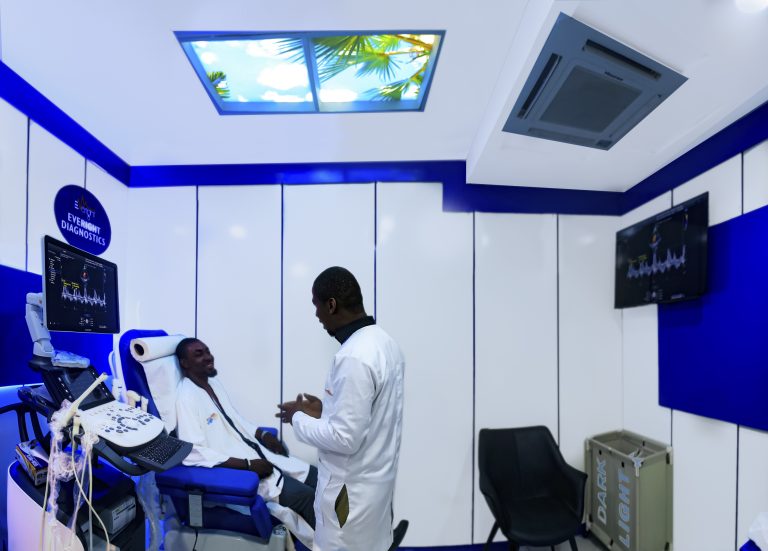
- Chest pain, shortness of breath, syncope, palpitations, transient ischemic attack, stroke, and peripheral embolic event
- Previous diagnostic tests such as cardiac enzymes, electrocardiogram, and chest X-ray indicating cardiac disease
- Premature ventricular contraction
- Arrhythmias
- Suspected pulmonary artery hypertension
- To guide management in patients diagnosed with pulmonary artery hypertension
- Patient in shock with an uncertain or suspected cardiac cause
- For diagnosis of valvular heart disease
- To guide management in patients diagnosed with valvular heart disease
- Patients with suspicion of hypertensive heart disease, prosthetic valve dysfunction, infective endocarditis, heart failure, congenital heart disease, cardiac mass, pericardial disease, aortic aneurysm, aortic dissection, or cardiovascular source of embolus
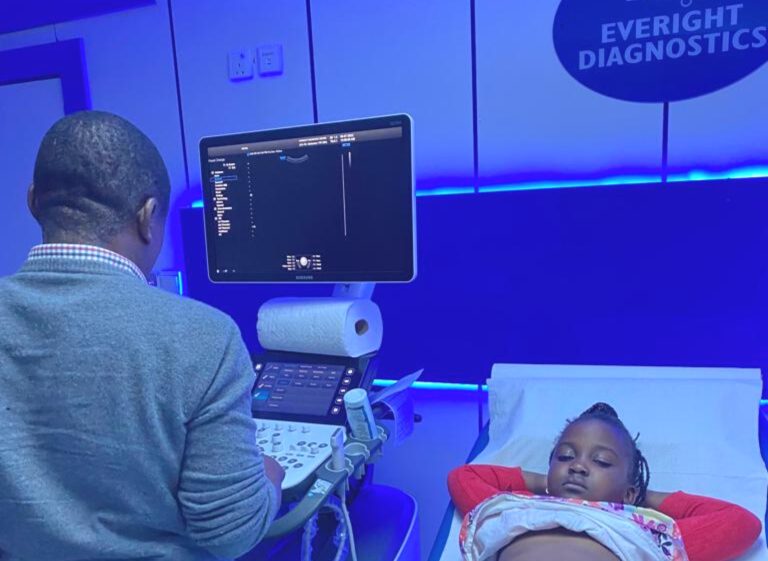
- Heart murmur
- Cardiomyopathy
- Congenital heart disease
- Congestive heart failure
- Pericarditis
- Valve disease
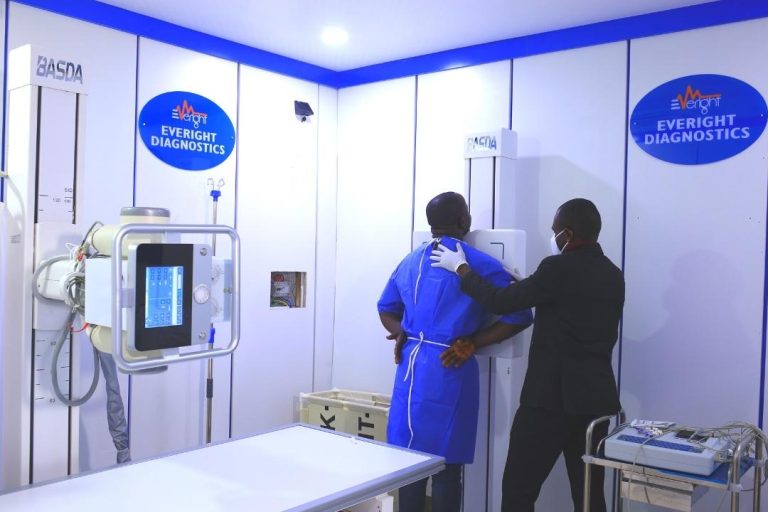
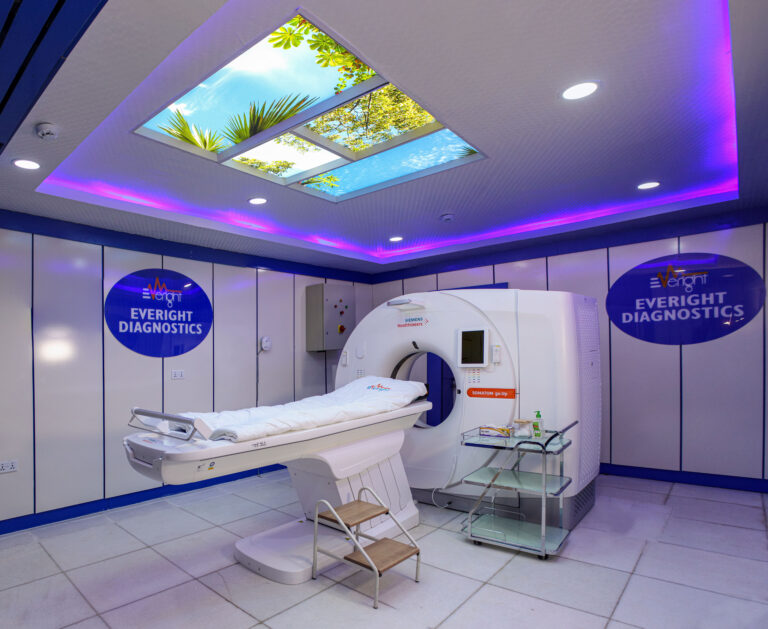
- High-definition image quality with less dose and efficient workflow
- Trusted performance with high uptime
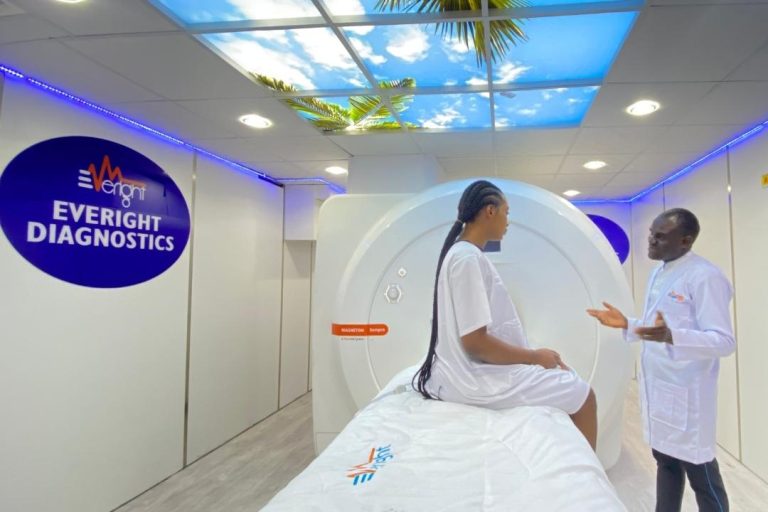
- Brain and spinal cord anomalies
- Breast cancer screening
- Irregularities like tumours, cysts in various parts of the body
- Liver and other abdominal organs diseases
- Injuries to the joints in the body
- Heart and Vascular problems
- Pelvic pain evaluation in women
- Prostate evaluation
- Age determination
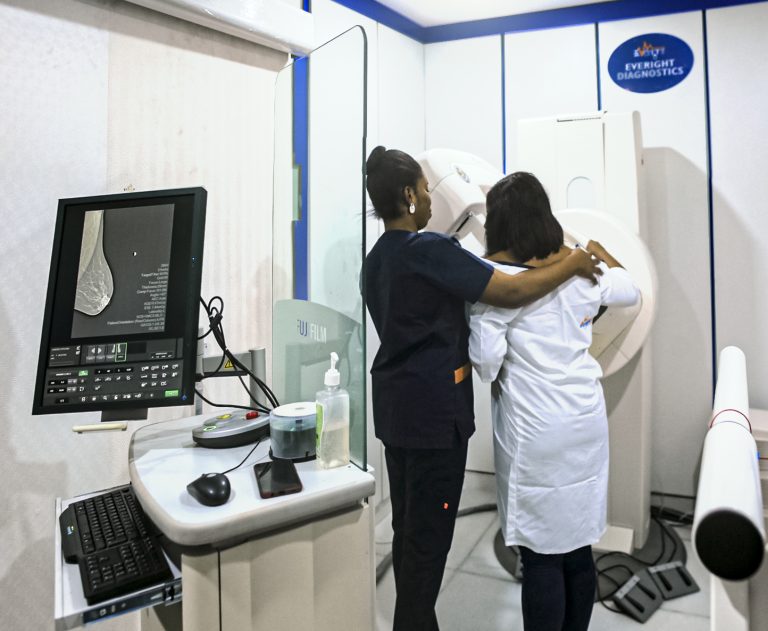
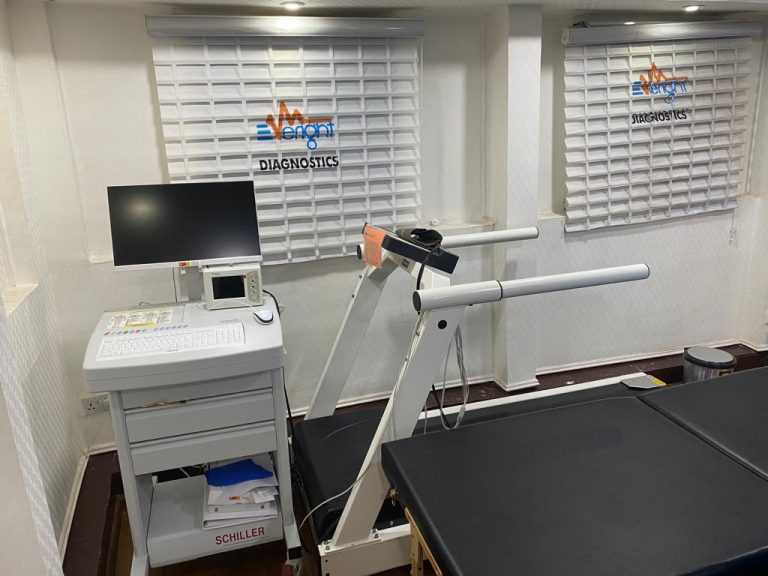

 Mr Everest Okpara is the chief advocate of the Company. He has been instrumental in making strategic decisions and policy formulations for the Company. He is known for being credible, courageous, focused, innovative, driven and result oriented. He holds an MBA degree in Business Administration and Management, B.Sc. in Industrial Relations and Personnel Management from the Lagos State University, a certificate in Healthcare Management from Lagos Business School and a certificate in Biostatistics and Epidemiology from Johns Hopkins Bloomberg School of Public Health, U.S.A. Mr Everest has been a force in investigative medicine for over seventeen (17) years. He is a philanthropist who has made extensive contributions to the social and economic development of his community.
Mr Everest Okpara is the chief advocate of the Company. He has been instrumental in making strategic decisions and policy formulations for the Company. He is known for being credible, courageous, focused, innovative, driven and result oriented. He holds an MBA degree in Business Administration and Management, B.Sc. in Industrial Relations and Personnel Management from the Lagos State University, a certificate in Healthcare Management from Lagos Business School and a certificate in Biostatistics and Epidemiology from Johns Hopkins Bloomberg School of Public Health, U.S.A. Mr Everest has been a force in investigative medicine for over seventeen (17) years. He is a philanthropist who has made extensive contributions to the social and economic development of his community.